Hot summer nights preventing you from getting a good night’s sleep?
We’ve all been there lying awake at 3 AM trying to fall asleep, but unable due to the unbearable heat of an African summer night. With average evening temperatures reaching 28+ degrees Celcius we don’t blame you.
So how can you cool down your bedroom during a particularly hot night? The most obvious answer seems like aircon, but air conditioning units are loud, expensive to install, dry out your room and use a lot of electricity. So we’ve compiled a list of tips and tricks you can use to help lower the room temp without aircon.
Here are 13 of the best tried and tested ways on how to stay cool on those sweltering summer nights.
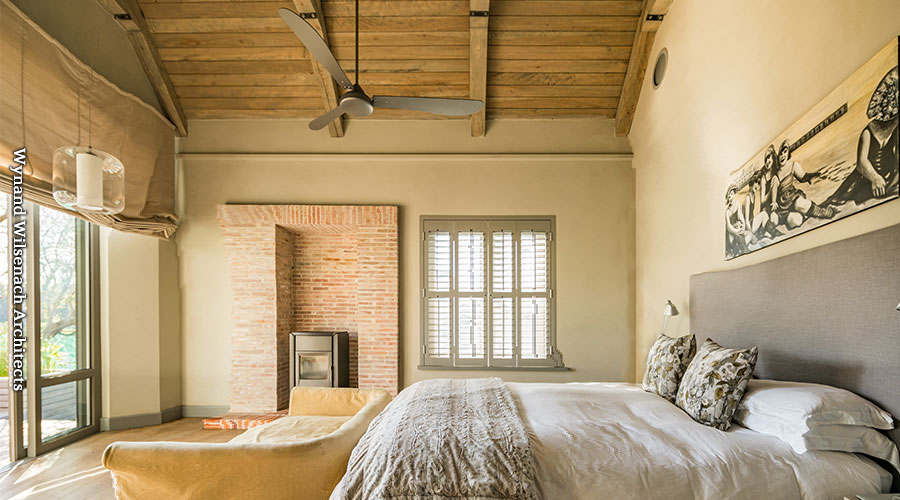
Airflow to reduce room temperature
1. How fans cool you down
What fans do very well is create a wind chill effect. By blowing air around, the fan makes it easier for the air to evaporate sweat from your skin, which is how you reduce body heat. The more evaporation, the cooler you feel. Ceiling fans are great at moving air around.
2. DIY Aircon – With a fan and Ice
We know we said no aircon but you can make a DIY air conditioner by positioning a bowl full of ice in front of a fan. The breeze will pick up cold water from the ice’s surface as it melts, creating a cooling mist.
3. Create a cross-breeze
Position a fan across from a window, so the wind from outside and the fan combine in a cooling cross-breeze. You can set up multiple fans throughout the room to make stronger currents.
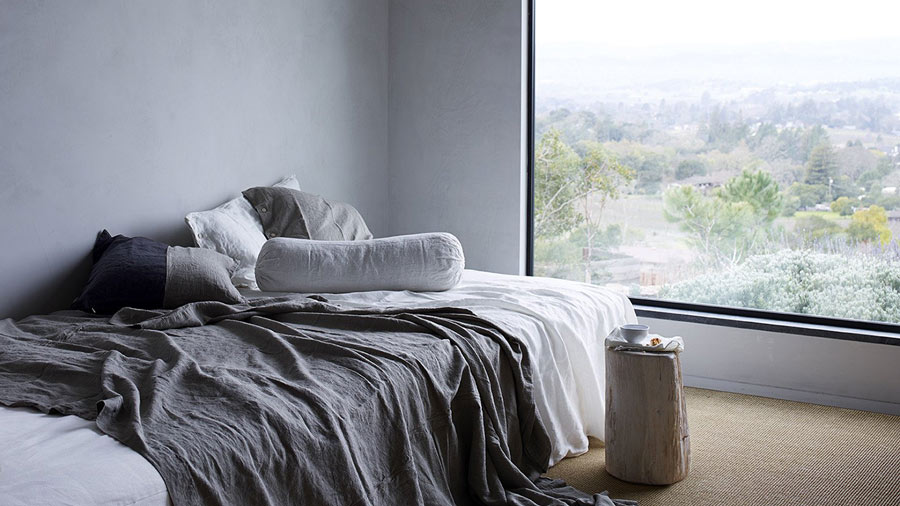
Bedding to keep you cool
4. Breathable Cotton / Bamboo Bed Linen
Avoid silk, flannel & polyester (anything synthetic really) sheets for cooler nights. Light-colored bed linens made of lightweight cotton (Egyptian or otherwise) are breathable and excellent for promoting ventilation and airflow in the bedroom. See more about sheets.
5. Freeze your bedding
Stick sheets in the freezer for a few minutes before bed. We recommend placing them in a plastic bag first (you don’t want frozen boerie to be your new pillow fragrance). This is more of a hotfix as this won’t keep you cool all night, but it is enough to help you fall asleep faster.
6. Egyptian Method
The Egyptian method involves dampening a sheet or towel in cool water and using it as a blanket. We recommend placing the damp sheets on top a dry towel or sheet protector to avoid getting the mattress wet. Combine with a ceiling fan for ultimate effect.

Water hacks for cooling your room
7. Stay hydrated
Tossing and turning and sweating at night can result in dehydration, preventing you from releasing heat. You can prevent this by drinking a glass of water before bed or keeping a water bottle nearby for a midnight sip.
8. Cold shower
A cold shower one hour before bed can bring down your core body temperature and help with deeper sleep studies suggest.
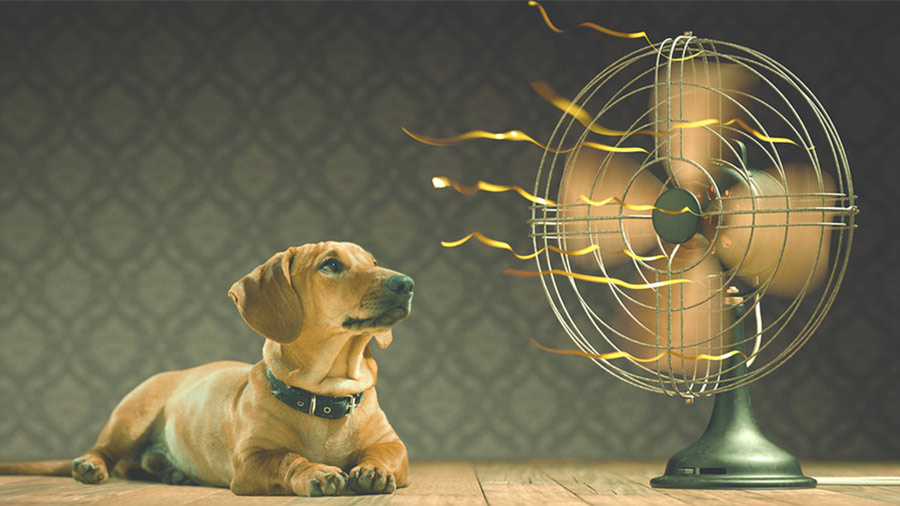
Other life hacks for keeping cool
9. Turn off your electronics
All electronics generate heat to some degree. Turn off lights, unplug the TV and move laptop and phone chargers to another room (the power bricks create massive amounts of heat).
10. Sleep in the nude (or as close as possible)
Sleeping naked allows for your body to provide more surface area to be cooled. Your clothes are designed to trap heat, so get rid of them. If you’re not comfortable in the nude (or can’t because you share a bedroom etc). Try breathable cotton clothing or just sleeping in your underwear.
11. No spooning
For those that sleep in the same bed with their partners, you’re going to have a bad time during those hot summer nights. Humans are extremely good at generating heat and getting close and cuddly is a great way to raise temperatures. Give them a goodnight kiss and then keep to your side of the bed!
12. Position and movement
Try to move as little as possible as movement creates friction and therefore heat. Your sleeping position also can impact your body temperature, try spreading out to maximise your surface area for optimal release.
13. One foot out of the covers
Sleeping with one foot or even an entire leg outside of the blanket can help regulate body temperature as it creates a natural flow to exhaust heat.
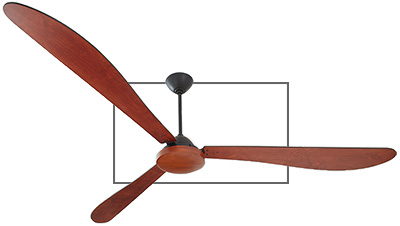


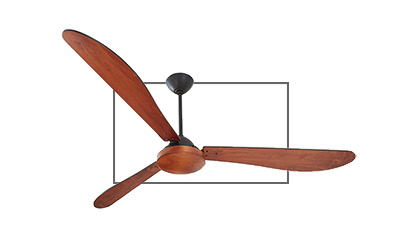 Get your Original Paddle Fan today!
Get your Original Paddle Fan today!